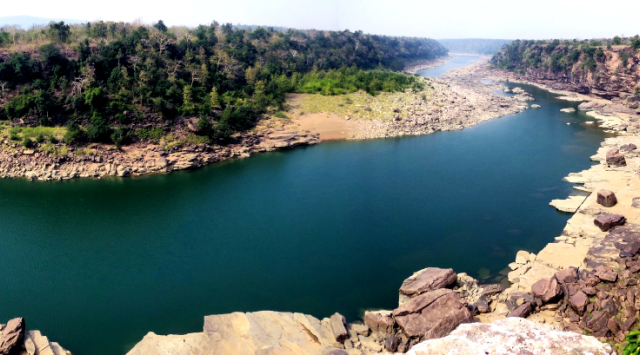Fact Box: Teesta River Issue
Recently, Prime Minister Narendra Modi conveyed his hopes for the earliest solution to Teesta Water Dispute to his Bangladesh counterpart Sheikh Hasina. But, Mamata Banerjee is the sole hurdle to the Teesta river water treaty for the past six years. The controversy is about sharing of Teesta water during the lean season. As water is a state subject, a deal cannot be inked without the approval of CM of West Bengal. Mamata Banerjee is accused of complicating water sharing issues for perceived gains in domestic politics. In 2011, she stopped the UPA government from signing the preliminary agreement with Bangladesh over sharing of Teesta waters.
Facts
Teesta is a river originating in Sikkim and flows through West Bengal and Bangladesh. Around 83% of the river’s catchment lies in India and 17% in Bangladesh. India has a higher share of about 55% of the river’s water. So, Bangladesh wants a higher share than what it gets now. It wants 50% of Teesta’s waters between the months of December and May to secure the livelihoods of its farmers and fisherman. As per an estimate of Observer research Foundation, five districts in Bangladesh face acute shortages during the dry season due to the withdrawals of the Teesta’s waters in India.
Negotiations for sharing of river water has been taking place since 1983. In 2011, an interim deal was proposed to be signed which allocated 42.5% of Teesta’s waters to India and 37.5% to Bangladesh. But due to Mamata Banerjee’s opposition, the deal was shelved.
Unlike Ganga water sharing in 1996 or the recent exchange of enclaves with Bangladesh, there exists very little opposition for Teesta river water treaty even in North Bengal, where the river flows.
Recently, Mamata Banerjee has proposed linking of three more rivers in North Bengal with Teesta so that there will be enough water to share. But this proposal is termed unviable as the rivers mentioned by Banerjee originates in Bhutan and flows in different gradients when compared with Teesta.
Hydropower generation in Teesta river is another point of contention. In Sikkim alone, there are at least 26 projects that produces 50,000 MW of power. With Banerjee’s tough stance, Bangladesh may approach an international court or demand share from the hydro-electricity generated in Sikkim.
Month: Current Affairs - April, 2017


